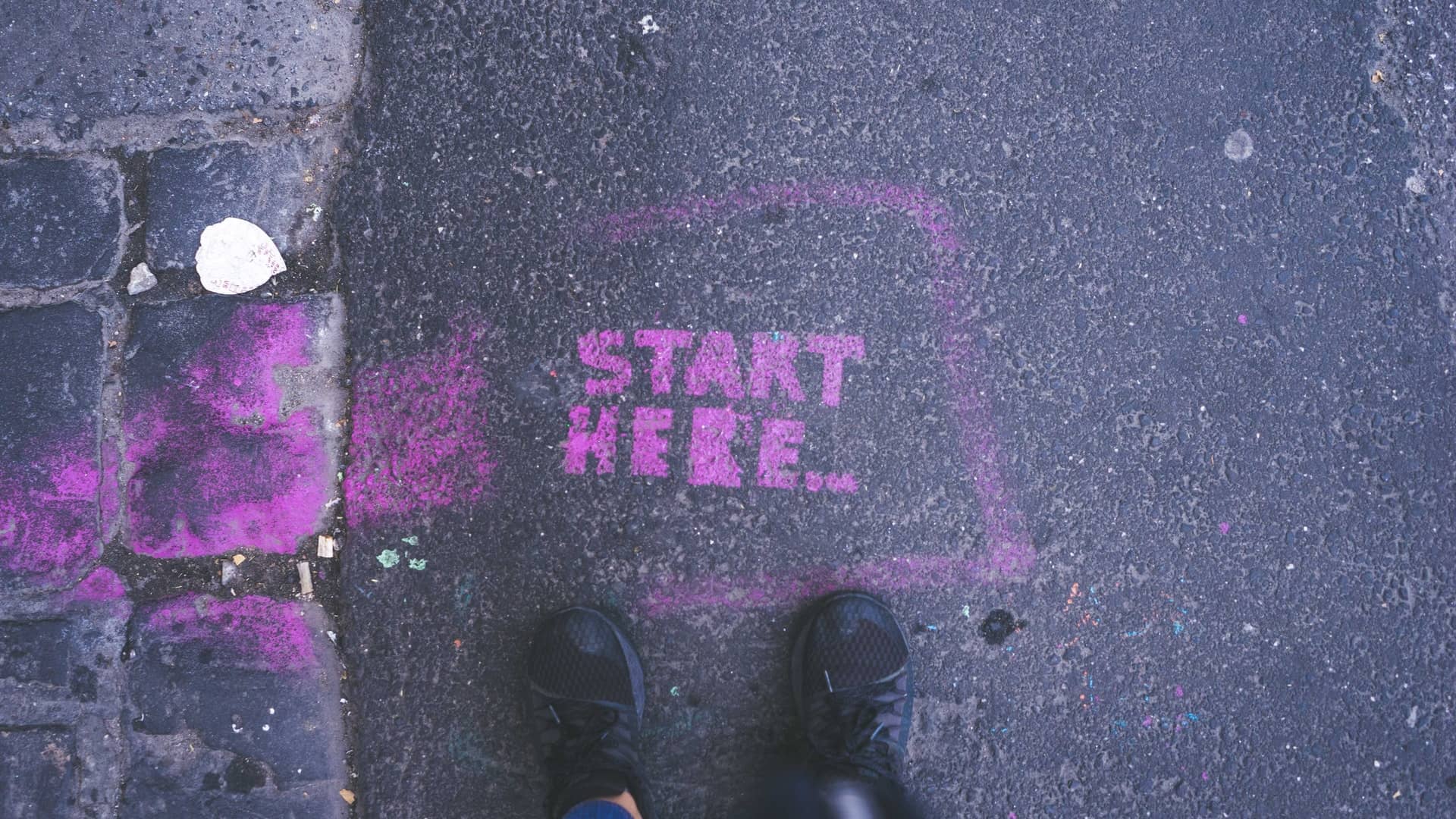
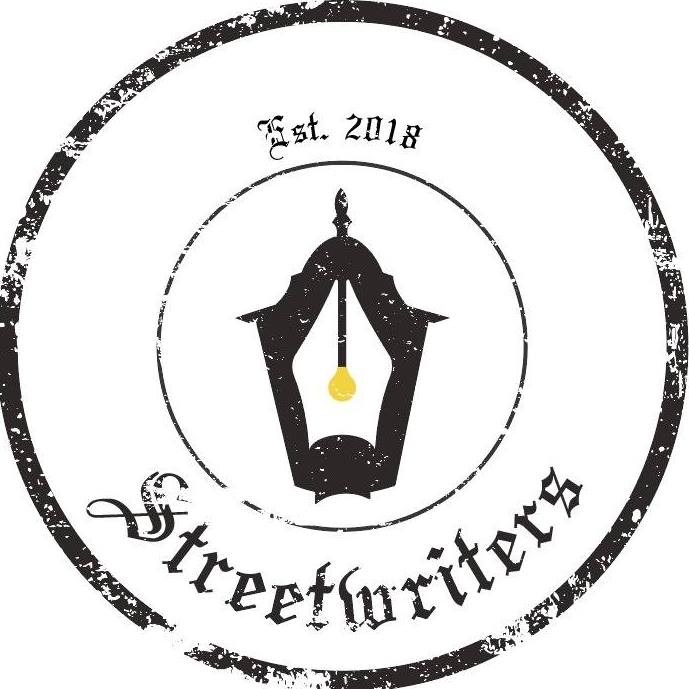
13 Tips on How to Start a Story: How to Write a Good Story?
Stories are spells that enrapture the readers and teleport them to another world. A world of wonder, beauty, horror and all spectra of imagination. Like all spells, they need an initiation; a word, an image, a mystery to capture the attention of any wanderer. They say that the first impression is the last impression. A Good story leaves a lasting impression on us from the start. So the start, the beginning or the introduction of any story is one of its most important parts.
There are many ways to start a story and many ways to completely spoil it too but here, we will only consider the ways to start a story since this is an article about starting, not about killing it before its life begins.
So let’s look at some prologue formats and see if they can help us start a story.
Table of Contents
- Start the story in the middle of things
- Find your voice
- Use the element of surprise
- Start the story with some Drama
- Start with some Thought Provoking Philosophy
- Use poetic language
- Start with a Question
- Start with background info
- Main character Introduction
- Start with a picture
- Curiosity
- Use a Prologue
- Conclusion
Start the story in the middle of things
This is a good way to start a story. Things are happening and suddenly our reader is thrust in the middle of it. It doesn't have to be fast paced action but there needs to be steady progress that will engage the reader and force him to turn the page.
Find your voice
Everyone on the face of this Earth speaks with their own style. When people are passionate, furious, happy or sad and they engage with somebody in an intimate conversation, their voice is unique. As a writer, you can find that unique voice of yours in dialogues of your characters. You can use that voice to start your story in your own unique way. If done perfectly this is a guaranteed way to capture your audience's attention from the start.
Use the element of surprise
Surprise your readers and they will keep reading a story until they are fully bewitched in the magic and can’t get out.
Here are a few examples:
Many years later, as he faced the firing squad, Colonel Aureliano Buendía was to remember that distant afternoon when his father took him to discover ice.
— Gabriel Garcia Marquez, One Hundred Years of Solitude
It was the day my grandmother exploded.
—Iain M. Banks, The Crow Road (1992)
It was a pleasure to burn.
— Ray Bradbury, Fahrenheit 451 (1953)
Start the story with some Drama
Start with something that piques emotions, something serious.
For example:
Someone must have slandered Josef K., for one morning, without having done anything truly wrong, he was arrested.
— Franz Kafka, The Trial
It was the best of times, it was the worst of times, it was the age of wisdom, it was the age of foolishness, it was the epoch of belief, it was the epoch of incredulity, it was the season of Light, it was the season of Darkness, it was the spring of hope, it was the winter of despair.
—Charles Dickens, A Tale of Two Cities
Start with some Thought Provoking Philosophy
Philosophy is the crux of deep thinking so something that encompasses the whole narrative of the book, distills it into a single statement can be an effective way to start a story. Some interesting examples given below;
Happy families are all alike; every unhappy family is unhappy in its own way.
— Leo Tolstoy, Anna Karenina
Of all the things that drive men to sea, the most common disaster, I’ve come to learn, is women
— Charles Johnson, Middle Passage
Use poetic language
Metaphors and poetic statements have the potential to fully capture the mind of the reader. Such language can be infused with deep meaning and beauty which is a perfect way to start a story.
The Wheel of Time turns, and Ages come and pass, leaving memories that become legend. Legend fades to myth, and even myth is long forgotten when the Age that gave it birth comes again.
— Robert Jordan,The Eye of the World, Wheel of Time
Start with a Question
Asking a question creates room in the mind of readers. They start to think about your story and when a reader’s thoughts have been provoked, you have caught them.
Start with background info
Although this is not the best way to start in most scenarios, it can work. Many famous writers have started their stories this way. For example;
When he was nearly thirteen, my brother Jem got his arm badly broken at the elbow.
— Harper Lee, To Kill a Mockingbird
Main character Introduction
The boy's name was Santiago. Dusk was falling as the boy arrived with his herd at an abandoned church.
— Paulo Coelho, The Alchemist
Start with a picture
It was a special pleasure to see things eaten, to see things blackened and changed. With the brass nozzle in his fists, with this great python spitting its venomous kerosene upon the world, the blood pounded in his head, and his hands were the hands of some amazing conductor playing all the symphonies of blazing and burning to bring down the tatters and charcoal ruins of history.
— Ray Bradbury, Fahrenheit 451
Curiosity
Ignite the curiosity of your readers. The first sentence should raise many questions but it shouldn't be too vague otherwise they will lose interest.
People’s lives—their real lives, as opposed to their simple physical existences—begin at different times. The real life of Thad Beaumont, a young boy who was born and raised in the Ridgeway section of Bergenfield, New Jersey, began in 1960. Two things happened to him that year. The first shaped his life; the second almost ended it.
—The Dark Half, Stephen King
Use a Prologue
A prologue is a rather interesting way to start a story. Many times, stories are born from dramatic or curious scenes that reverberate throughout the story. Such prologues consist of something happening that is not directly related to events in the first chapters but is crucial to the whole of the story. It’s a great way to start a novel.
Conclusion
All stories, yours or mine, have to start somewhere. If you can get the starting right your story will be unstoppable. It is no wonder that the first step is always the hardest but the journey is worth it. Pick your pen, write those words, make the mistakes and fix them. In the end, don't give up. The real secret to a good story is persistence; don't leave a story hanging.
Edited by cherrywine_stains
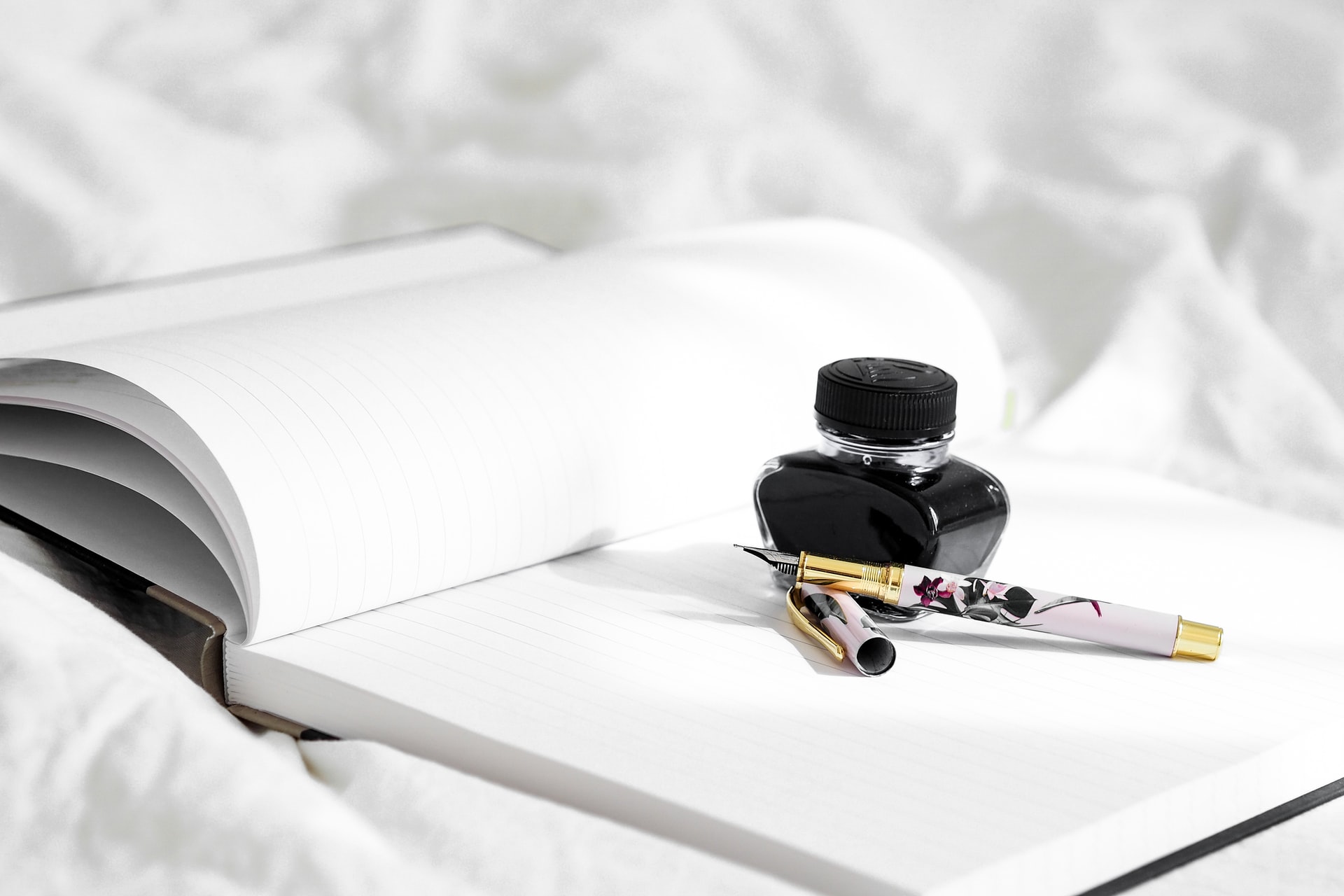
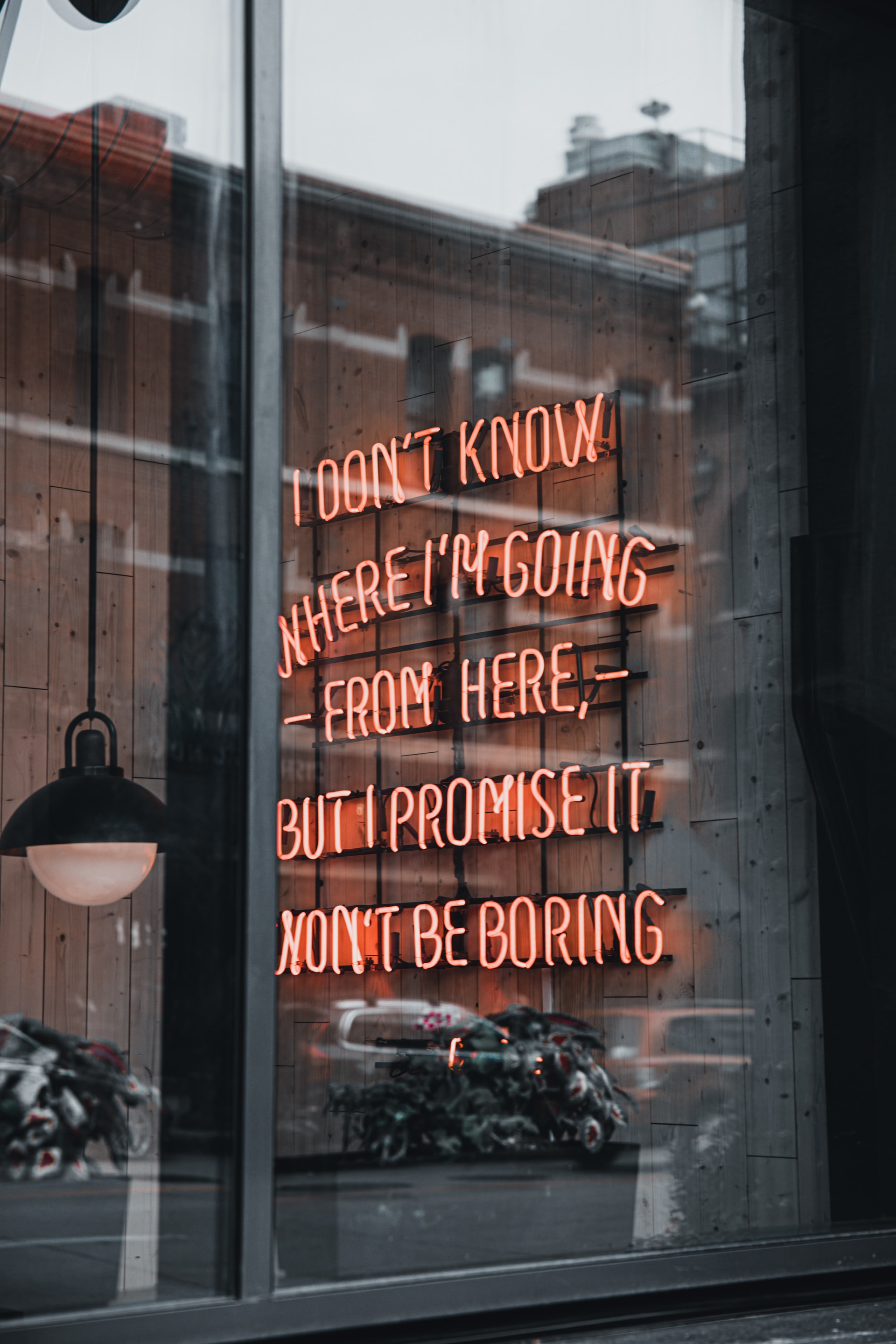
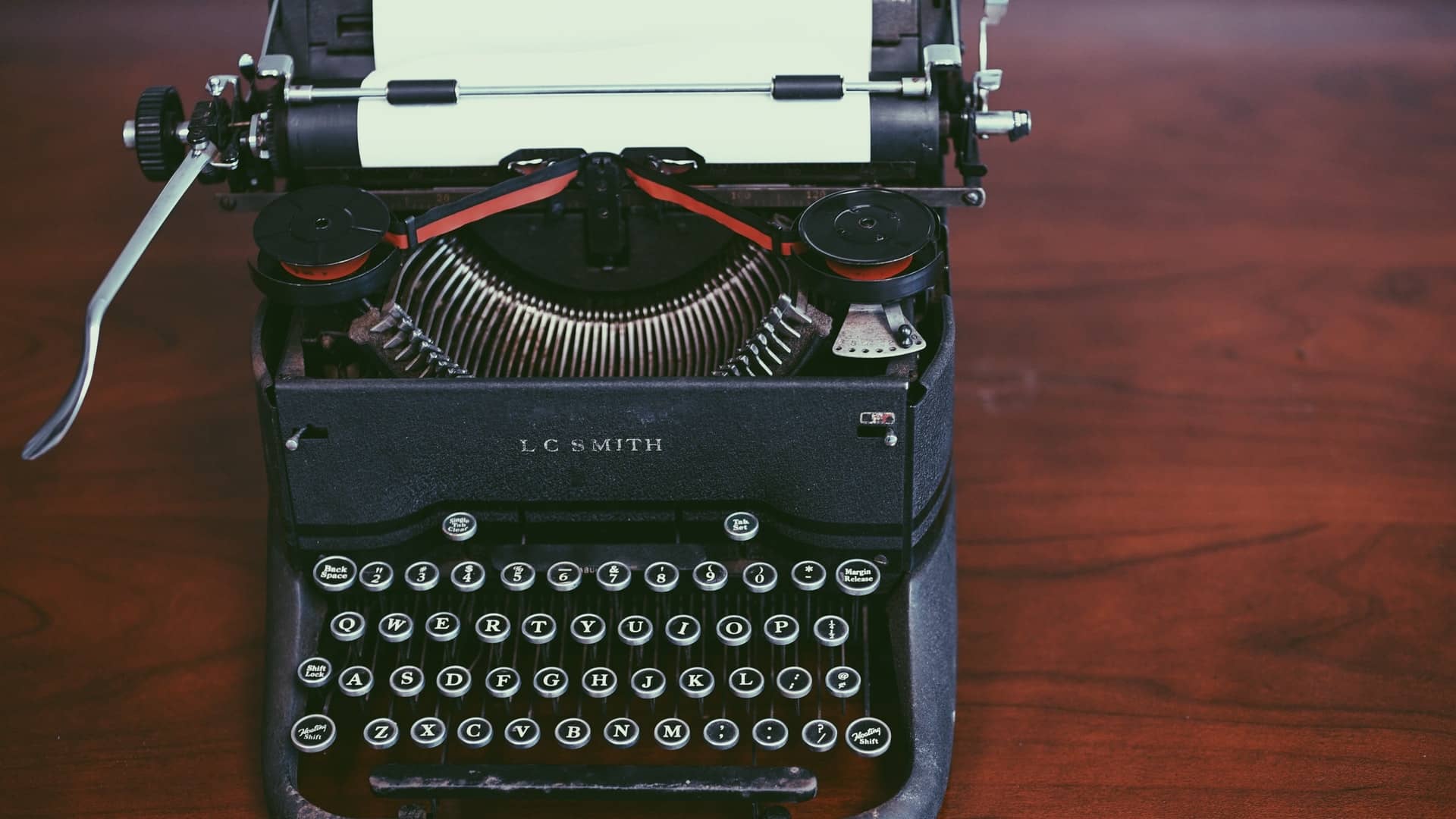
Comments